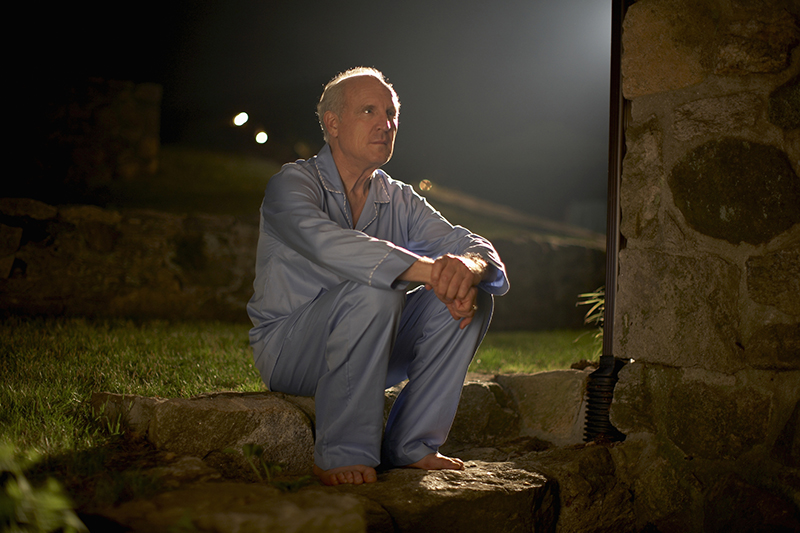
Minimize sundowning behavior in a loved one with dementia with these tips.
As the sun starts to set, many of us can relax after a long day and plan for a restful evening to unwind – unless of course you are providing care for a person with dementia. Sundowning behaviors, or sundown syndrome, is a frequent occurrence in Alzheimer’s disease and other types of dementia, and can result in restless, sleepless nights of anxiety, disorientation, confusion, and agitation – for a few hours as the sun sets, or even for the whole night. Contact us online or call us at 618-667-8400 to learn more about how we can help with in home care services.
The actual cause behind sundowning behaviors isn’t fully understood, but contributing factors can include:
- A disruption in the older adult’s internal body clock
- A need for decreased sleep
- Medication side effects
- The inability to distinguish reality from dreams, resulting in disorientation
- Mental and/or physical fatigue and exhaustion from a challenging day
Try these suggestions to help prevent or minimize sundowning behavior:
- Prior to the sun setting, close drapes and pull down window shades, so the older adult cannot notice the darkening sky – and, ensure there’s adequate light throughout the home.
- Try to organize the older adult’s day to include lots of activities and deter late day napping.
- Switch to calming, soothing activities at the end of the day. Turn off the TV, play relaxing music, and give the senior a cup of warm herbal tea or milk.
- Pay attention to the senior’s eating habits during the day, limiting caffeine and sweets to the morning hours and serving an earlier dinner.
- Speak with the older adult’s physician for advice and also to confirm there aren’t any underlying physical conditions contributing to the problem, such as incontinence or any other bladder issues or anything causing physical pain. The physician may recommend a medication for the senior to relax at night.
If, in spite of these tactics, your loved one is still agitated and is staying awake during the nighttime hours, there are several things you can do to help. First, remain calm and steer clear of arguing or getting into lengthy conversations. Simply provide reassurance that the senior is safe and everything is okay. See if there is anything the individual needs, and after responding to any specific concerns, gently remind the senior of the time, and encourage getting some rest. The senior may also feel much more comfortable in an alternate sleeping environment, such as in a favorite chair or guest bedroom, utilizing nightlights or other soft, indirect lighting.
The trained and experienced providers of dementia care and home health services in Belleville, IL, at Morning Glory Home Care offer a great solution to sundowning or any other challenging behaviors. We’re available to take the night shift and help older adults participate in calming and enjoyable activities when sleep eludes them, allowing family caregivers the chance to get the rest they need. We even offer around-the-clock, live-in care to ensure older adults are safe and well cared for any time of day.
Reach out to the experts in dementia home health services in Belleville, IL, and the surrounding areas at 618-667-8400 any time and let us develop a customized plan of care to meet your specific needs, and improve quality of life for a senior you love.
